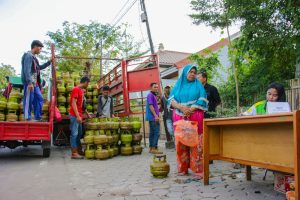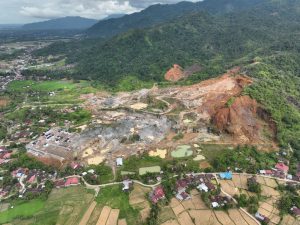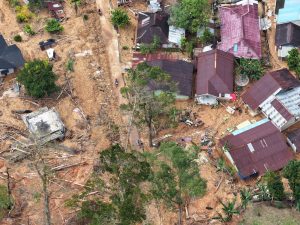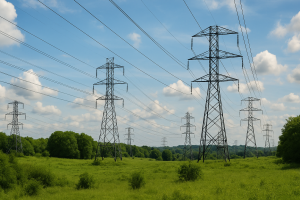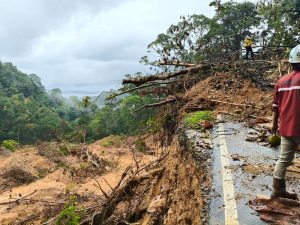Jakarta – The Ministry of Environment and Forestry (KLHK) asked companies holding Forest Utilization Permits (PBPH) to utilize production forests by implementing forestry multi-business and sustainable forest management, officials said Monday (4/7).
Sustainable forest management contributes to climate change mitigation. “This means that PBPH is not only based on timber forest products but also non-timber forest products, environmental services, social services, and life support functions,” said Director General of Sustainable Forest Management, Ministry of Environment and Forestry (KLHK) Agus Justianto during a talk show in Indonesia Green Environment and Forestry Expo, Monday (4/7).
Justianto said, after the issuance of Law no. 11 of 2020 concerning Job Creation (UU Ciptaker), there is a reconfiguration in the management of production forest areas. Sustainable forest area management is managed with a landscape approach that pays attention to social management, environmental management, and economic management for prosperity.
“Sustainable forest management is an important pillar of revitalizing the forestry sector as well as supporting Indonesia’s commitment to climate change control,” he said.
Based on data from the Ministry of Environment and Forestry, from 120 million hectares of forest area in the form of land, an area of 67.5 million hectares is production forest area, of which 32.9 million hectares have been granted permits.
Justianto further explained the importance of sustainable forest management in controlling climate change. He said, as a contribution to climate change control, Indonesia has announced a 29 percent reduction in greenhouse gas (GHG) emissions independently or 41 percent with international support.
In this regard, compared to other sectors, the forestry sector has the largest portion of the GHG emission reduction target of 59.76% in 2030. For this reason, the Government is accelerating the reduction of GHG emissions towards Net Sink FoLU as outlined in the Long Term Strategy Low Carbon Climate Resilience (LTS-LCCR) document.
One of the mitigation actions in the FoLU sector is sustainable forest management, including through the application of multi-business forestry, Reduced Impact Logging (RIL), and an appropriate silvicultural system. (Hartatik)




